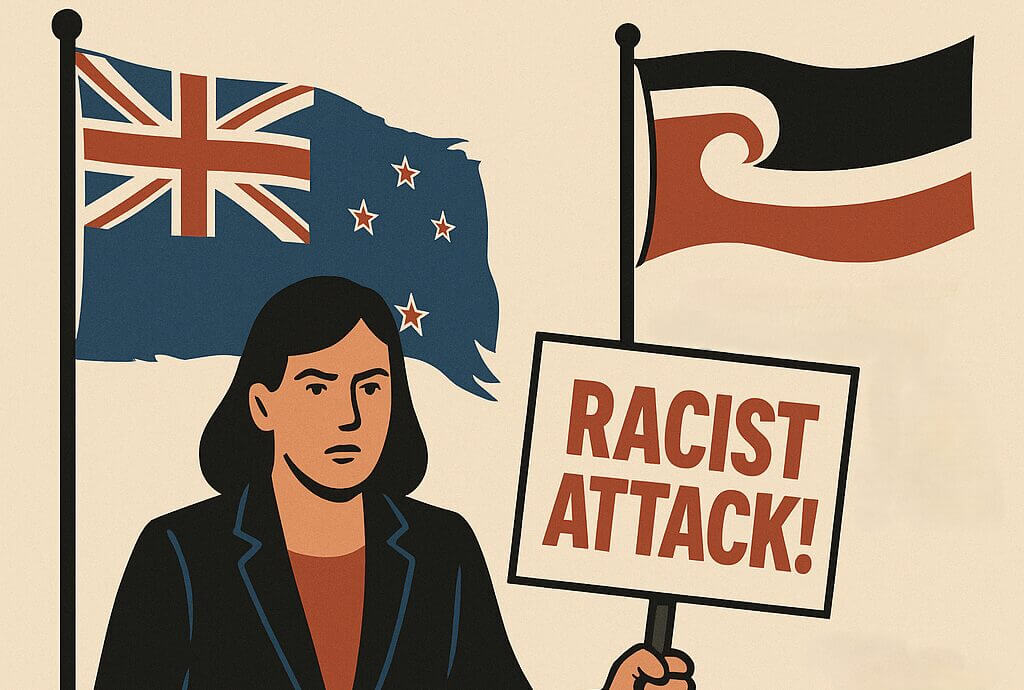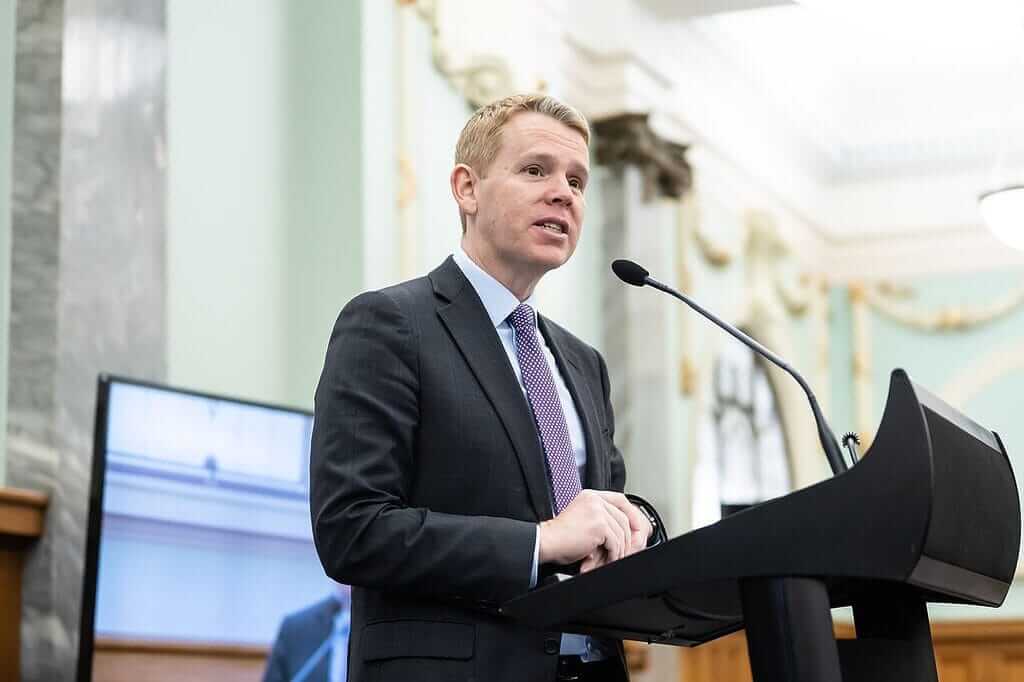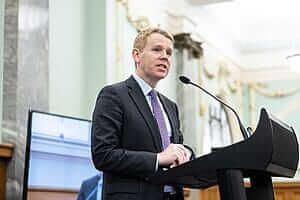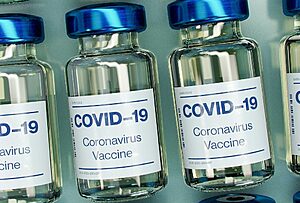Summarised by Centrist
For businesses, Finance Minister Nicola Willis 2025 Budget’s headline policy is a new tax incentive that allows them to write off 20 percent of new asset purchases, such as equipment or tools, against their tax bill.
The Budget also includes large savings from the recent changes to pay equity rules. The government’s move to make it harder to pursue industrial pay equity claims is expected to save nearly $3 billion per year.
From April next year, the Best Start child payment will become fully income tested. Families earning more than $97,000 a year will no longer be eligible.
For KiwiSaver, the government will now put in just 25 cents for every dollar saved, up to a maximum of $261 per year. The minimum contributions from workers and employers will also increase gradually from 3 percent to 4 percent over the next three years.
People earning more than $180,000 a year will no longer receive government contributions at all. However, 16- and 17-year-olds, who were previously excluded, will now be eligible for government contributions, and employers will be required to match their payments starting next year.
Meanwhile, 18- and 19-year-olds applying for Jobseeker or emergency benefits will now have to prove that their parents cannot support them.
Education will receive $2.5 billion in new initiatives over four years.
Treasury forecasts that the government won’t return to surplus until 2029 under a new accounting method that excludes the ACC. Using the traditional approach, New Zealand would still be in deficit by about $3 billion in that year.



















